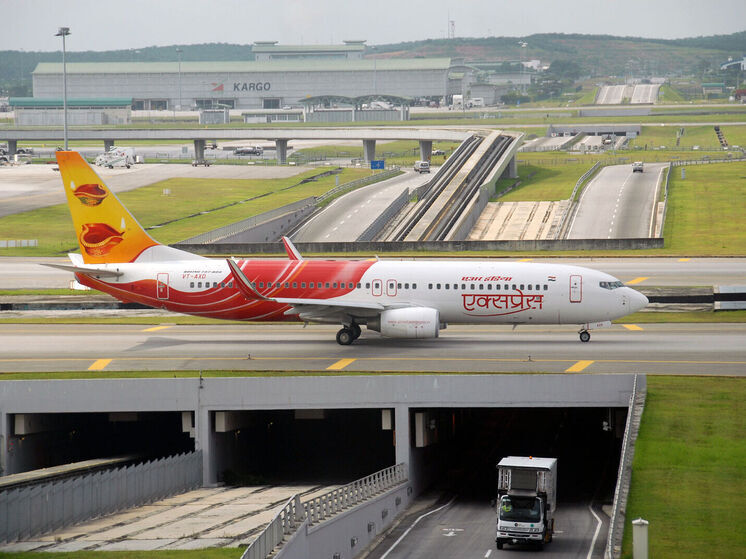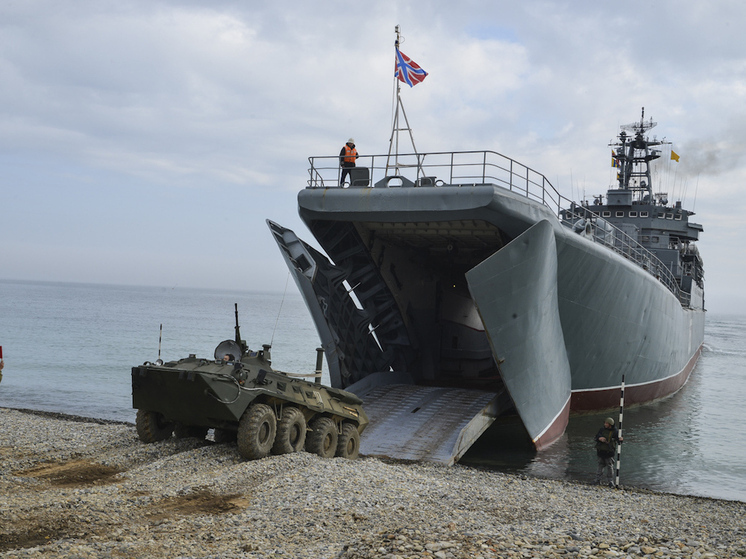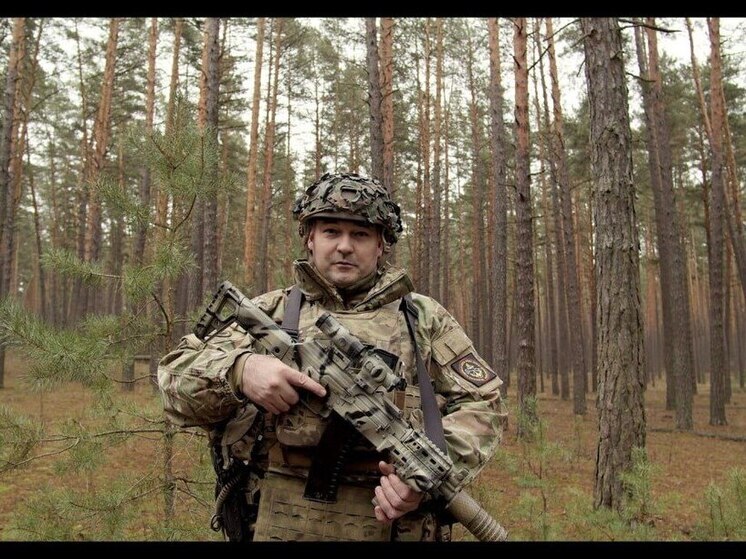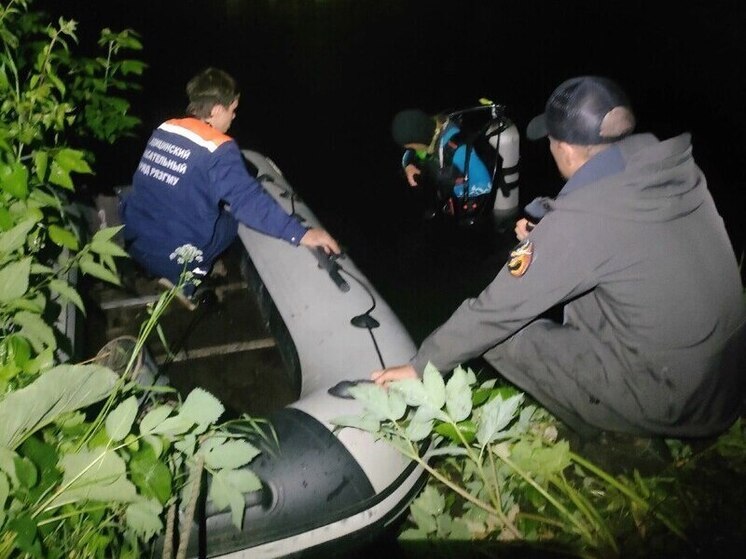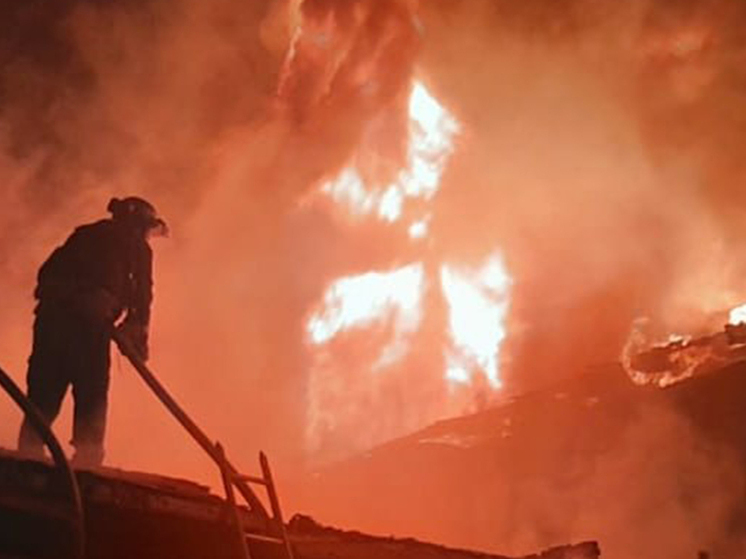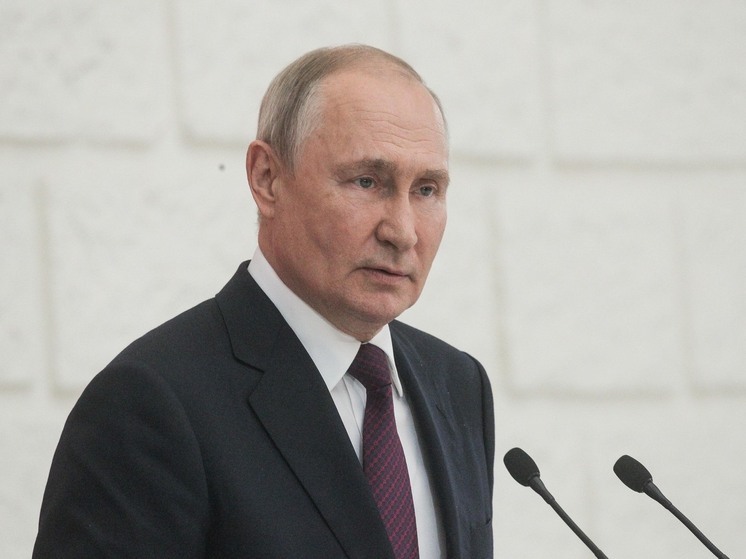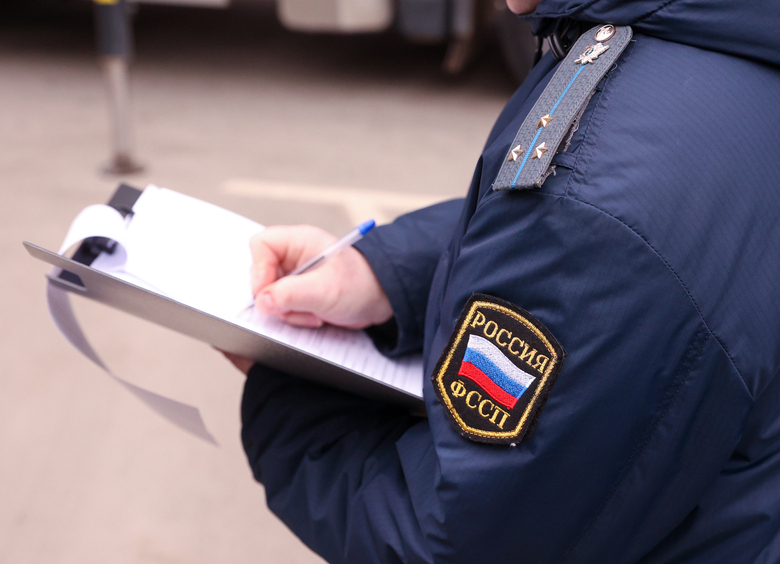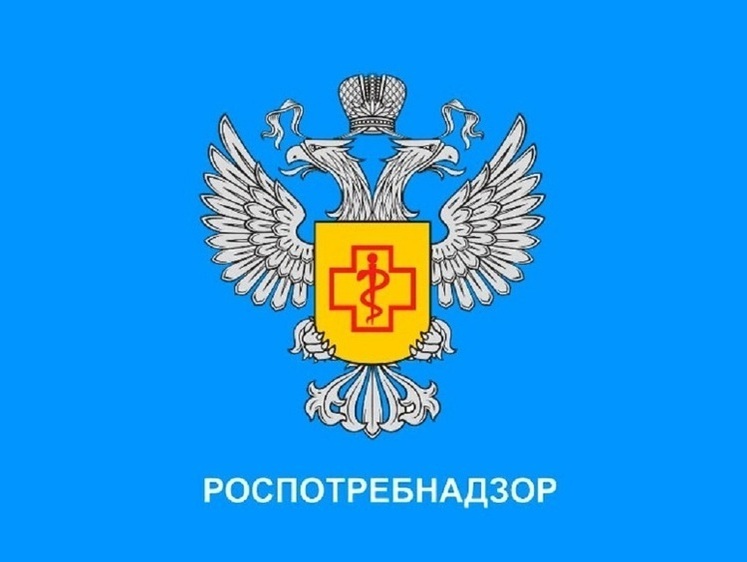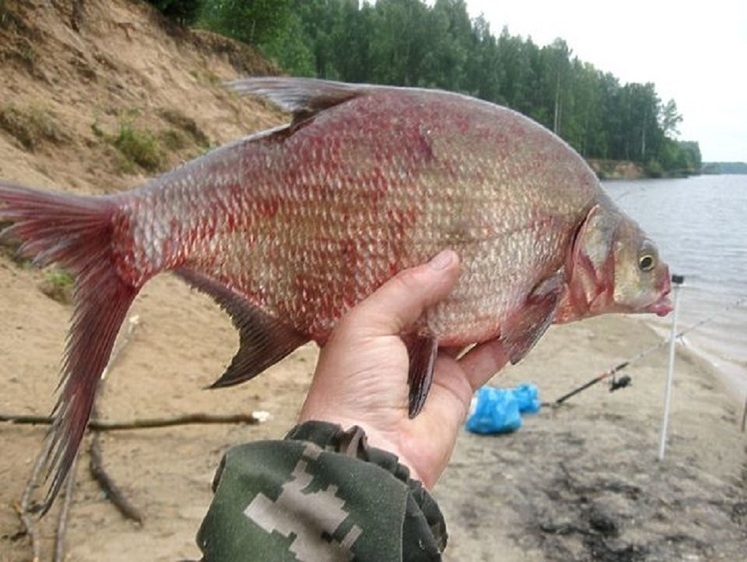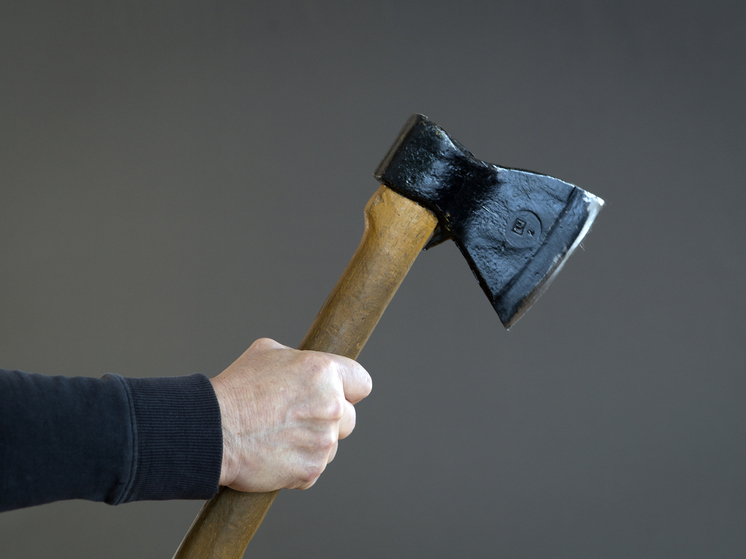
Dont panic!
One word has been used increasingly frequently in reference to Russia that is, stability. Even the most stubborn sceptics have to admit that political and economic stability is a fait accompli. A Business in Russia expert has put it this way: Today, Russian society in general does not yet believe that tomorrow will be a better day. But it is already convinced that tomorrow wont be worse.
This statement was made after Russian oil baron Mikhail Khodorkovsky was arrested in Novosibirsk last October (with a fortune estimated by Forbes at $8 billion, Khodorkovsky is Russias richest man).
Most immediate comment on Khodorkovskys arrest voiced the panic that supposedly struck Russias business community. But with time the grave forecasts picturing massive capital flight, foreign investors jumping ship and Russian companies aborting their investment programs proved to be exaggerated. At the end of the day, the Russian stock market was the only place serious losseswere incurred, due to a period of frustration that depressed the market at the end of 2003. The down-turn was clearly the result of stock market overreaction to Khodorkovskys arrest (portfolio investors lost heart too soon), which caused an unprecedented fall in stock prices. But even the stock market eventually revived, especially after Moodys gave Russia a favorable investment rating.
Foreign companies did not rush to comply with the negative forecasts either: their business in Russia carries on. Which is primarily a good sign that the investment climate has suffered no tragic consequences. Most international business representatives we polled say they are planning to continue and even increase their operations in Russia. Finally, most foreign experts sound pretty optimistic about Russias economic prospects in the near future.
Alexis RODZIANKO, Chairman of the Board of Deutsche Bank Moscow:
Today, we are evidencing economic revival globally. Over the last decade, Russia has changed. The reforms and the overall policy of the Russian Government inspire confidence in the market participants. Investor expectations are fueled by their hopes for the development of new markets, and the Russian financial market today is one of the most promising developing markets. In October 2003, at a meeting with foreign investors, where I was present, President Putin confirmed that Russias economic policy would remain unchanged. The President underscored that he and the Government would monitor everything done by the law-enforcement authorities for legal compliance. I believe this is critical to investor confidence. We are confident that economic development in Russia will continue to be based on market principles, and that ownership rights in Russia will be projects. We see that today foreign investors continue with their investment policies, the risk levels remaining acceptable. Indeed, the market reacted nervously to Khodorkovskys arrest and related events, and this reaction is understandable, as Yukos is an oil major and is well known to the investor community. Now, however, the financial markets are calm again, and investors are waiting for the conflict to be settled.
Obviously, todays Russia satisfies many of the criteria that make a region attractive from an investors standpoint. The country has the necessary market infrastructure, including an improved legal environment, with a commitment to further reforms. Significant success has been achieved in the reform process which no doubt paves the way for foreign and domestic investment and we expect more to be done in the future.
I would like to stress the significance of the Russian market for our Bank.
Starting from 1998, Deutsche Bank has featured strong presence on the Russian financial market. We are being most active in developing our investment business: Deutsche Bank places Russian bonds on the Western markets. We rank second by the government bond transaction volumes. Per the results of the 1st quarter 2003, Deutsche Bank Moscow won the Deal of the Year award sponsored by MICEX for our accomplishments on the OFZ market. Our Bank is also active as a primary dealer at the St. Petersburg Interbank Currency Exchange, and in January 2003 we became a market-maker for the Ruble/Dollar futures market at the Chicago Mercantile Exchange. Deutsche Bank Moscow is one of the largest depositaries serving both Russian and multinational corporations. Our Bank also performs depositary functions in connection with ADR and GDR programs on behalf of several leading Russian companies. We hold over $40 billion worth of securities in custody. Quite naturally, Deutsche Bank is the settlement banker for several Russian companies, serving trade contracts in the CIS, Europe, Asia and North America. We work with Russias Top 20 corporates. We also serve many of the foreign companies present in Russia. In Russia, our primary business is that of a commercial and investment bank. However, since 2003 we have been working with private individuals, too, having started a new business line, private wealth management.)
Coming back to Russian market perspectives and the viability of investments in the Russian economy, I would like to remind you that in November 2003 Deutsche Bank completed a deal we planned earlier, namely, we signed a strategic partnership agreement with UFG. As you may know, Deutsche Bank is particularly strong in debt trading and is well positioned on the forex and money markets. However, we have not been present on the Russian stock market. The idea behind our acquisition of 40% in UFG is the further development of our Russian operations combining established investment products and the risk management system of an experienced Russian company with our own technologies. The purchase of 40% in UFG will mean a stronger foothold for our Bank on the Russian market, while representing our strategic investment in the Russian financial market.
The Russian market is set to develop further. For this purpose however, it would need a lot of improvement, further economic growth, expansion of the existing financial markets, economic and political stability, and continuing administrative and banking reforms.
Owen KEMP, Chairman, HP Russia, Vice President:
I think that for Russia this time and age is a major challenge. There are three major markets in the world that are getting quite a lot of attention as investment opportunities for large corporations. These are China, India and Russia. So the number one challenge for Russia is to find its market niche, to differentiate itself from the two other mega-economies with their huge upside potential in order to appeal to investors. And that uniqueness needs to be clearly defined. Russia should offer higher quality value-added services, and then they will attract investments, and, above all, they will be sustainable. I think that Russias geographic and cultural affinity to Western European and American markets is another one of its benefits. In addition to that, we believe that Russia has a better understanding of the current events in science and technology. That is the benefit we would like to take advantage of. One of the strong, unique and universally recognized differentiators for Russia is its strong scientific and intellectual base. That is why we will be looking at how we can tap into this potential. HP has quite enough resources, and we are looking for a strategic investment in Russia that will make a difference not only to HP, but also to the Russian market itself. We want to open new segments, to introduce new concepts to the marketplace, and also to utilize the existing capabilities in research and development.
Peter O. KELLE, managing director HVB Group CIS, chairman of the board, International Moscow Bank, HVB Bank:
I thin Russias near future can be assessed positively. Normal companies are now coming out of the shadows, others are following their example. There is an understanding that doing business legally is more profitable. In the end that will mean more business with western companies: selling their business or attracting investment. That is, in the end there will be the chance of greater profit, rather than business of dubious legality. These processes are being well received by foreign investors, who understand that doing business in Russia is becoming profitable.
As for the Russian oligarchs. I do not think they are that interested in investment. They are a group of people that already has major resources. It is a positive trend for Russia today that monopolies are being removed from the market. That creates the conditions for normal competition. I understand Vladimir Putin here. Is it really OK for 70% of the countrys industrial policy to be controlled by eight groups and 12 oligarchs.
The fuss in the American press about the recent Russian events is most likely evidence that U.S. journalists have an incorrect impression of the current situation in Russia. Maybe they intentionally distort the information. Americans are quite happy with a society in which a small group of people has the main wealth, while others, around 30%, do not even have medical insurance. Europeans dont like that. We have a different idea of the distribution of wealth.
William BROWDER, CEO of Hermitage Capital Management:
I dont think that the business environment in Russia has changed since the arrest of Khodorkovsky. My assessment based on various facts and conversations is that both international and Russian investors will continue their investments as originally planned.
First of all, contrary to the dire warnings coming from the media after the arrest of Khodorkovsky, there has not been any dramatic avalanche of flight capital. In fact, just the opposite has occurred. The reserves of the Central Bank, which is the major factual measure of flight capital, grew by $3.3 billion since the Khodorkovskys arrest.
Secondly, in addition to the macro statistics, there are also some interesting anecdotal points to back up that conclusion. In November, I met with seven Russian business groups that were not caught up in the Yukos affair to gauge whether they were either putting on hold or pulling out of investment plans that they had started before the Khodorkovsky arrest. The answer was clear and unequivocal that none of the seven had changed any of their plans. Equally, in conversations with Andrew Sommers, the head of the American Chamber of Commerce in Moscow, he indicated that not a single member of his trade organization (which consists primarily of American corporations operating in Russia) was changing their investment plans towards Russia.


